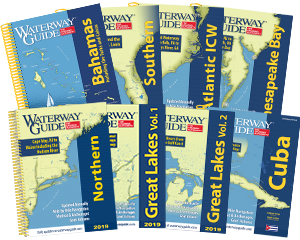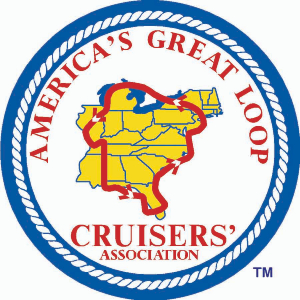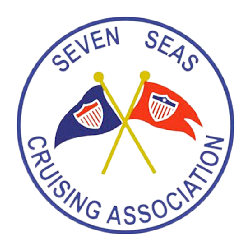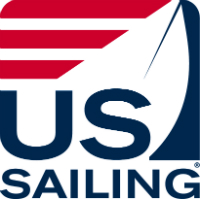Following the formal withdrawal of the proposed expansion of the 2008 North Atlantic Right Whale Vessel Strike Reduction Rule, the National Marine Manufacturers Association (NMMA) released the following statement:
"This is a huge step forward for American boat manufacturers, coastal economies, and outdoor enthusiasts across the U.S.," said Frank Hugelmeyer, President and CEO of the National Marine Manufacturers Association, the largest trade association in North America for the recreational boating industry. "The way this rule was drafted gave rulemaking a bad name and created an entirely preventable dynamic. Coastal communities are part of the fabric of this nation, and their livelihoods should never be put at risk by the federal government."
"As we've said all along, NOAA's proposed rule relied on incorrect assumptions and questionable data, and failed to distinguish between large, ocean-crossing vessels and small recreational boats, which could not be more different from each other. Most concerning, the proposed rule completely ignored the advanced marine technologies available now that can best protect the North Atlantic right whale and prevent vessel strikes. The rule's many blind spots would have created dire consequences for boater safety and accessibility, the economic vitality of coastal communities and marine manufacturers, and the livelihoods of countless supporting small businesses, all while undermining years of progress in marine conservation."
"Now the work begins by the federal government to create a durable solution that uses state-of-the-art technology to protect our endangered whale species without jeopardizing the livelihoods of hardworking American businesses and families that rely on access to the Atlantic Ocean."
The rule faced mounting criticism from NMMA and the recreational boating and fishing community for its reliance on flawed data and disregard for technological advancements. The proposed rule would have led to widespread economic harm and safety concerns without significantly benefiting marine conservation efforts.
"After working tirelessly to educate decisionmakers on the flawed logic of the proposed Right Whale Vessel Speed Rule and the negative impact it would have on marine retailers and the recreational boating industry at large, we are pleased to see that the rule has ultimately been withdrawn," said Matt Gruhn, President of the Marine Retailers Association of the Americas (MRAA). "We hope that the withdrawal of this rule will provide the industry with the opportunity to work with the federal government to develop and invest in technological solutions to ensure that recreational boaters and anglers can co-exist with marine mammals while on America's oceans, protecting both access to our marine resources and endangered aquatic species."
"ASA is happy to see the draconian vessel speed rule sent back to NOAA so that we can find a collaborative, long-term solution that effectively mitigates the potential for vessel strikes and incorporates innovative safety technologies," said Mike Leonard, Vice President of Government Affairs at the American Sportfishing Association (ASA). "We look forward to working with the Trump Administration, Congress, and other stakeholders to protect North Atlantic right whales, anglers, boaters and the $230 billion sportfishing industry."
NMMA was joined in its opposition to the rule by a chorus of charter captains, manufacturers, local and federal policymakers, small business owners and community leaders who expressed concerns about how the proposed rule would have jeopardized the more than 810,000 American jobs and the $230 billion in economic contributions supported by the recreational boating industry – far exceeding NOAA's estimates. Furthermore, the proposed rule was projected to cancel or alter 122,000 recreational fishing trips annually, a key economic driver for many coastal communities.
"We are hopeful NOAA will join with us to develop a durable, practical approach to this critical issue. But it is noteworthy that NOAA's withdrawal notice today highlighted only the Administration's time running out without acknowledging the numerous flaws in their approach. NOAA can do better, and we expect more from America's science agency," said Jeff Angers, president of the Center for Sportfishing Policy (CSP). "We strongly encourage the federal government to work alongside stakeholders on a science-driven plan that genuinely protects the NARW; supports the sustainability of our oceans, and ensures public access to America's public waters."
Instead of implementing blanket speed restrictions, NMMA and the recreational boating community continue to emphasize the need for technology-driven solutions to safeguard both marine life and coastal economies. Innovations such as infrared imagery detection, 3D sonar mapping, and innovative marine radar algorithms can offer targeted, effective protection for endangered marine life without imposing crippling economic consequences or creating safety risks for boaters.
NMMA remains committed to working with policymakers and stakeholders to develop and implement innovative solutions that address the needs of diverse coastal and maritime industries.
For more information about NMMA's initiatives and advocacy efforts, visit https://www.nmma.org/advocacy.












